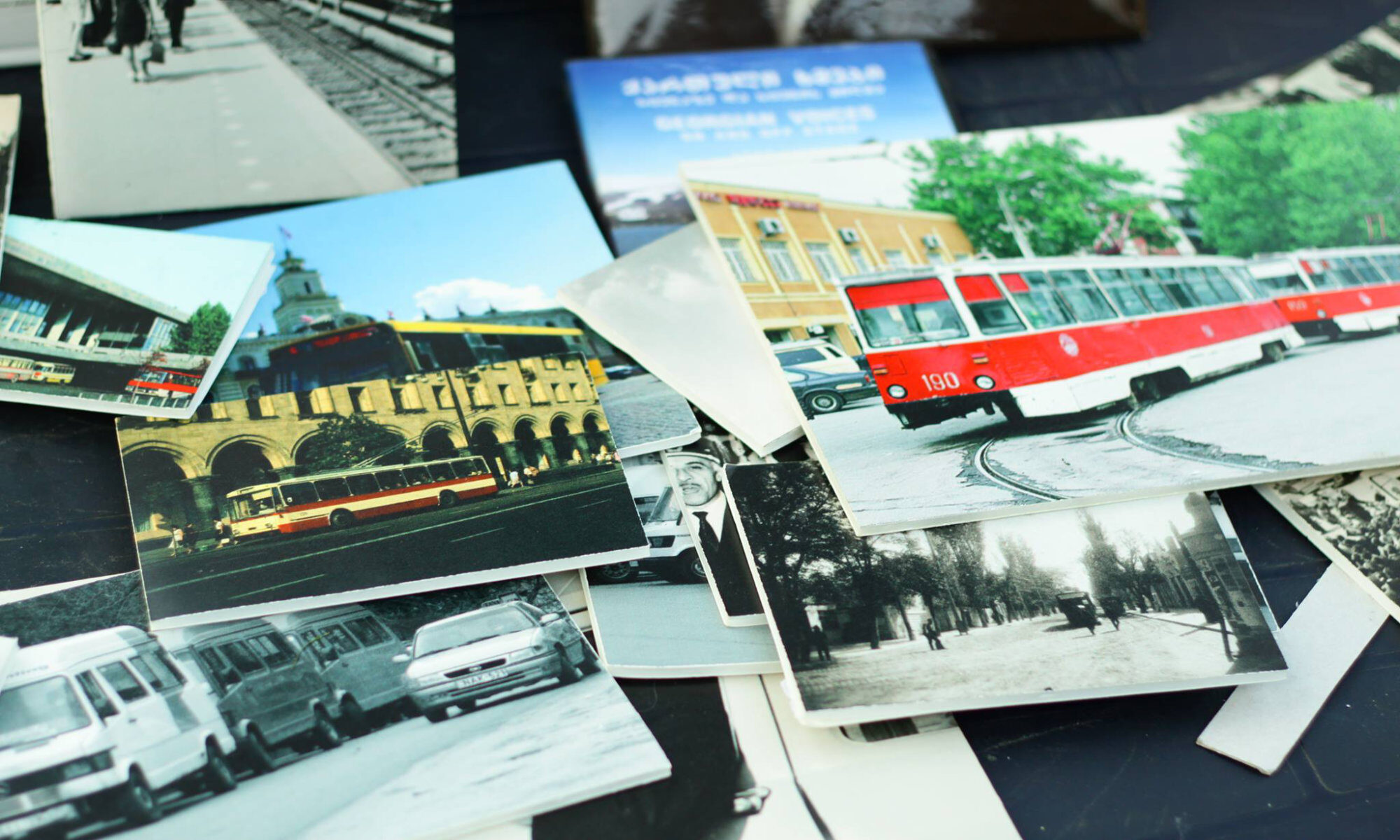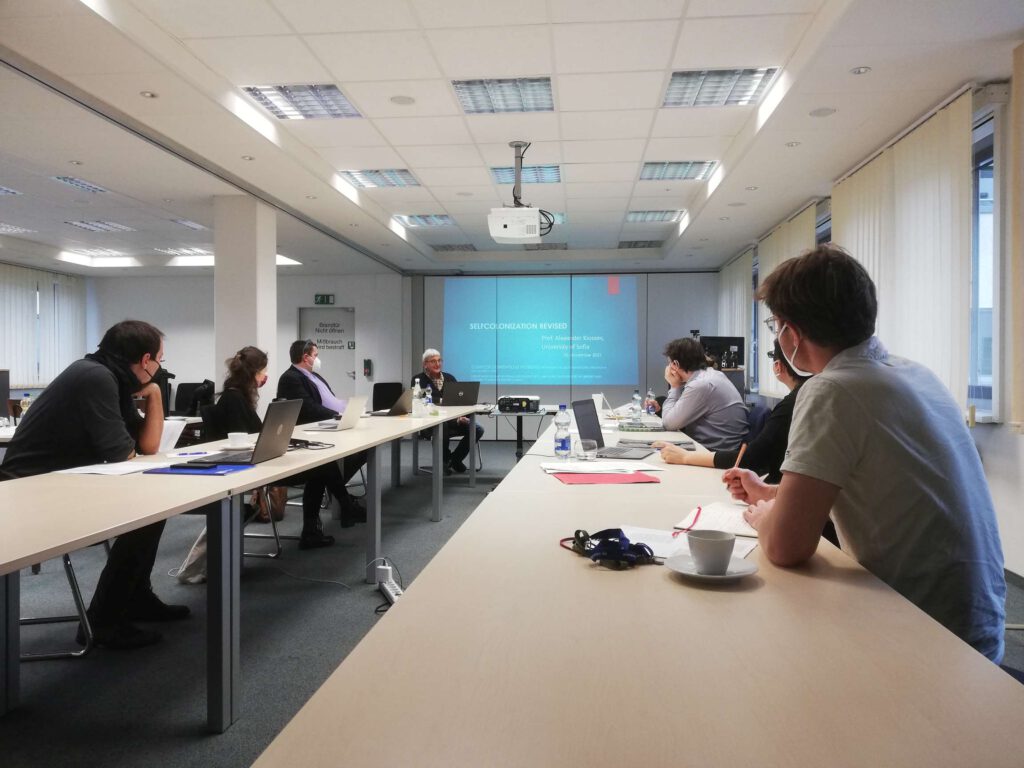A new collaborative text by Tim Leibert, Lela Rekhviashvili and Wladimir Sgibnev explores the complex, structural and historic linkage between capitalist neo-extractivism and mobilities of globalization. It brings up the argument, that facets of mobility should always be taken into consideration when talking about extractivism and calls for a general shift in perspective on debates regarding sustainable development and mobility transitions. The authors argue that mobilities of a consumerist culture almost automatically exacerbate extractivism at the cost of the global south and exploited regions on multiple levels.
The text was originally published in german on the “Berliner Gazette” as a contribution to the ongoing series on the BG platform “After Extractivism”, which can be read here. The english version was published on Mediapart.






